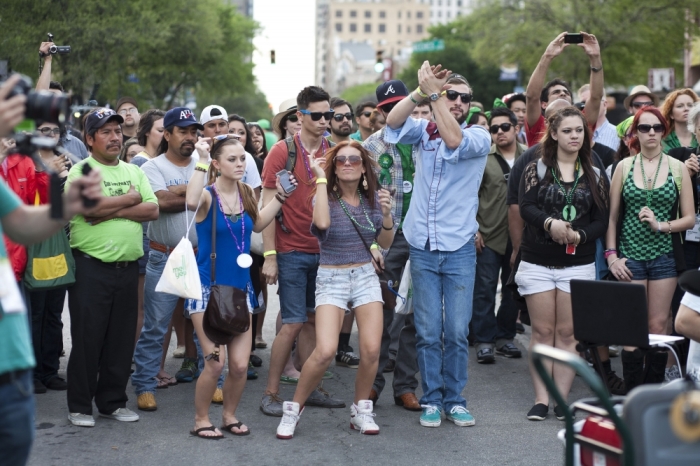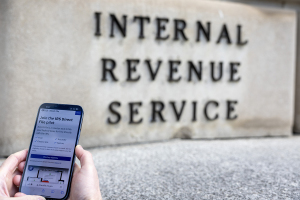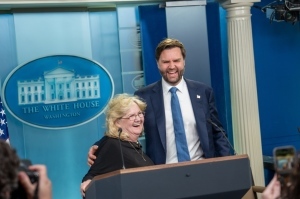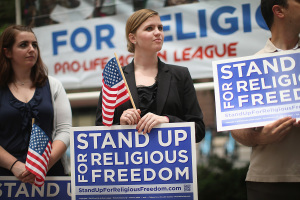Are Millennials Moving Toward Conservatism?

America's millennials have become the most polarized political group and are more likely to identify as political conservatives now compared to 10 years ago, according to a new study.
The millennials, or those born between 1980 and 1994, are currently more politically polarized than Generation Xers and Baby Boomers, and are also more likely to identify as conservative than either Generation Xers or Baby Boomers were at the same age, says Jean Twenge, professor of psychology at San Diego State University, in a paper published in the latest issue of the journal Personality and Social Psychology Bulletin.
The results of the study are based on data on about 10 million American adults, collected from 1970 to 2015 as part of three separate surveys, according to CNN.
"High school seniors are more likely to identify as political conservatives now compared to 10 years ago," the professor, who is also the lead author of the paper, was quoted as saying. "Most surprising, more identify as conservatives now compared to the 1980s, presumably the era of the young conservative, such as the character Alex P. Keaton in the 1980s show 'Family Ties.' That goes against the common view of millennials as very liberal."
Millennials are viewed by many as liberals possibly due to their age, as young people are more likely to be liberal, she explained, and said, "But if you compare young people now to young people in previous decades, those now are more conservative."
Given that other studies have shown that millennials are more supportive of LGBT rights, gender equality and racial equality compared to previous generations, this study suggests that "millennial conservatives may be focusing on issues other than these, for example, economic issues, gun rights," Twenge argued.
The researchers involved in the study found that overall twice as many adults had "extreme" political identifications in the 2010s compared to in the 1970s, but millennials "are not the extremely liberal and Democrat generation that many anticipated."
As entering college students, 23 percent of millennials identified as leaning far right, compared to 17 percent of Baby Boomers and 22 percent of Generation Xers, the study found. And 47 percent of millennials identified as "middle-of-the-road," compared to 50 percent of Baby Boomers and 53 percent of Generation Xers.
Andrew Gelman, professor of statistics and political science at Columbia University, commented that millennial voters may be influenced by the era in which they were born.
"If you look at the cohort of young voters who came of age during George W. Bush's presidency, they're mostly Democrats, which makes sense as Bush was a highly unpopular Republican," he was quoted as saying. "The young voters who came of age during Obama's presidency are more split, which makes sense because Obama is neither popular nor unpopular; he has an approval of about 50%."
Millennials are now America's largest living generation and as the largest generation in the country's electorate.





























